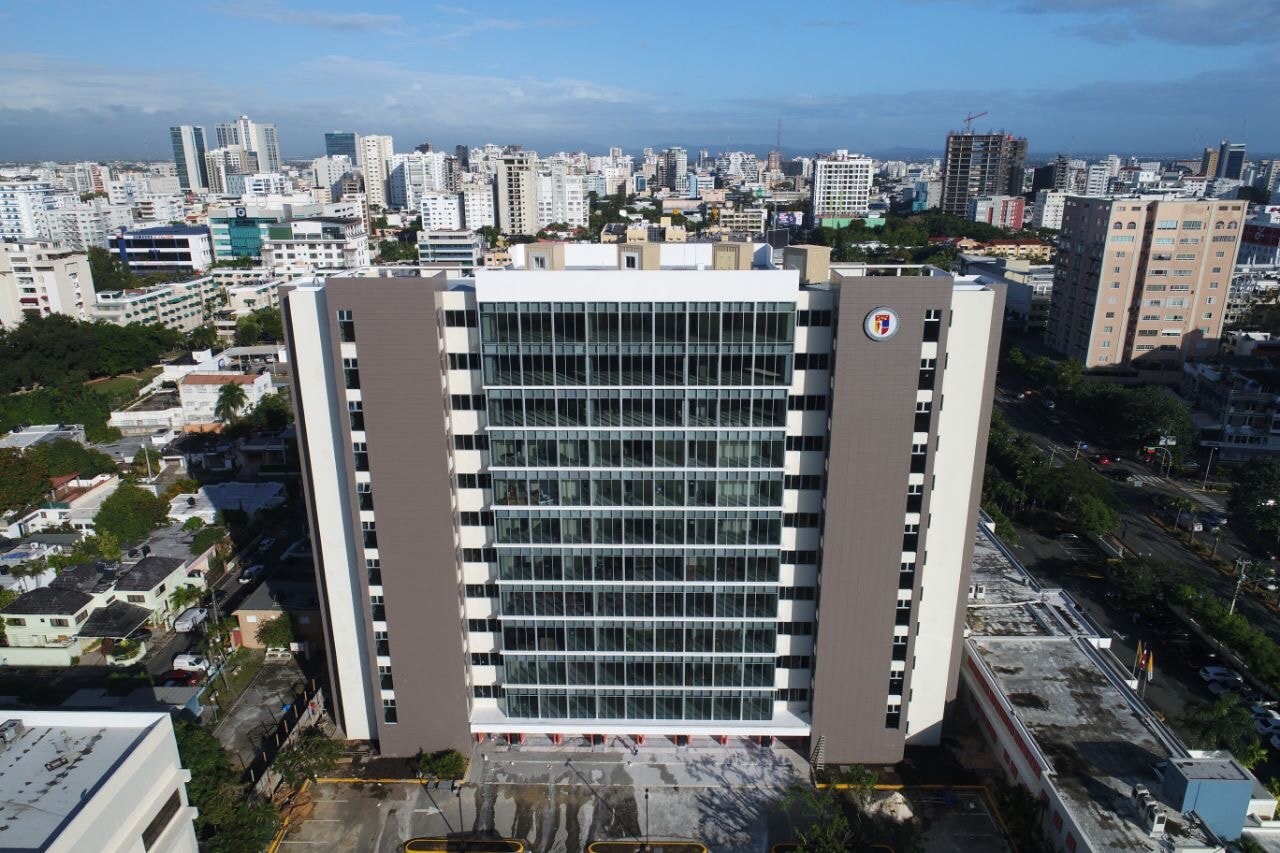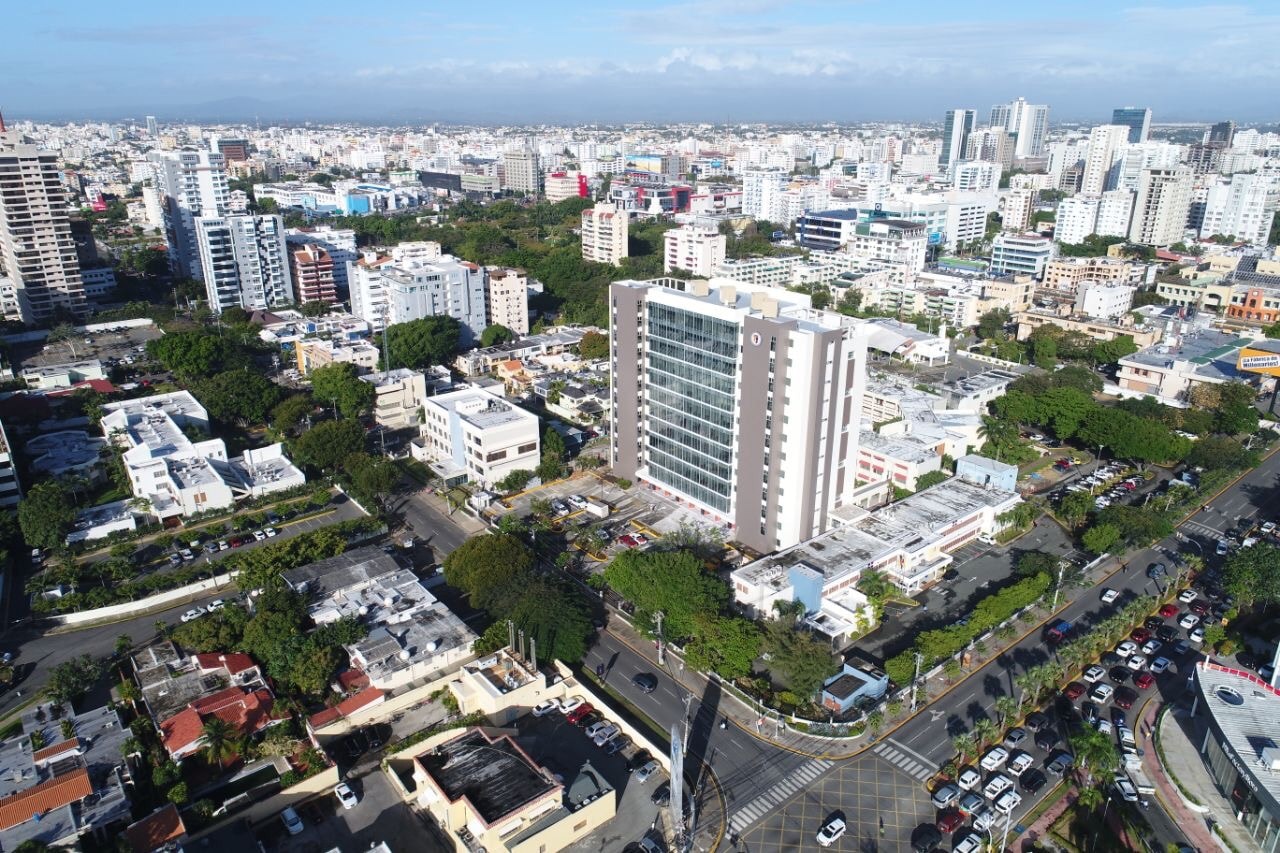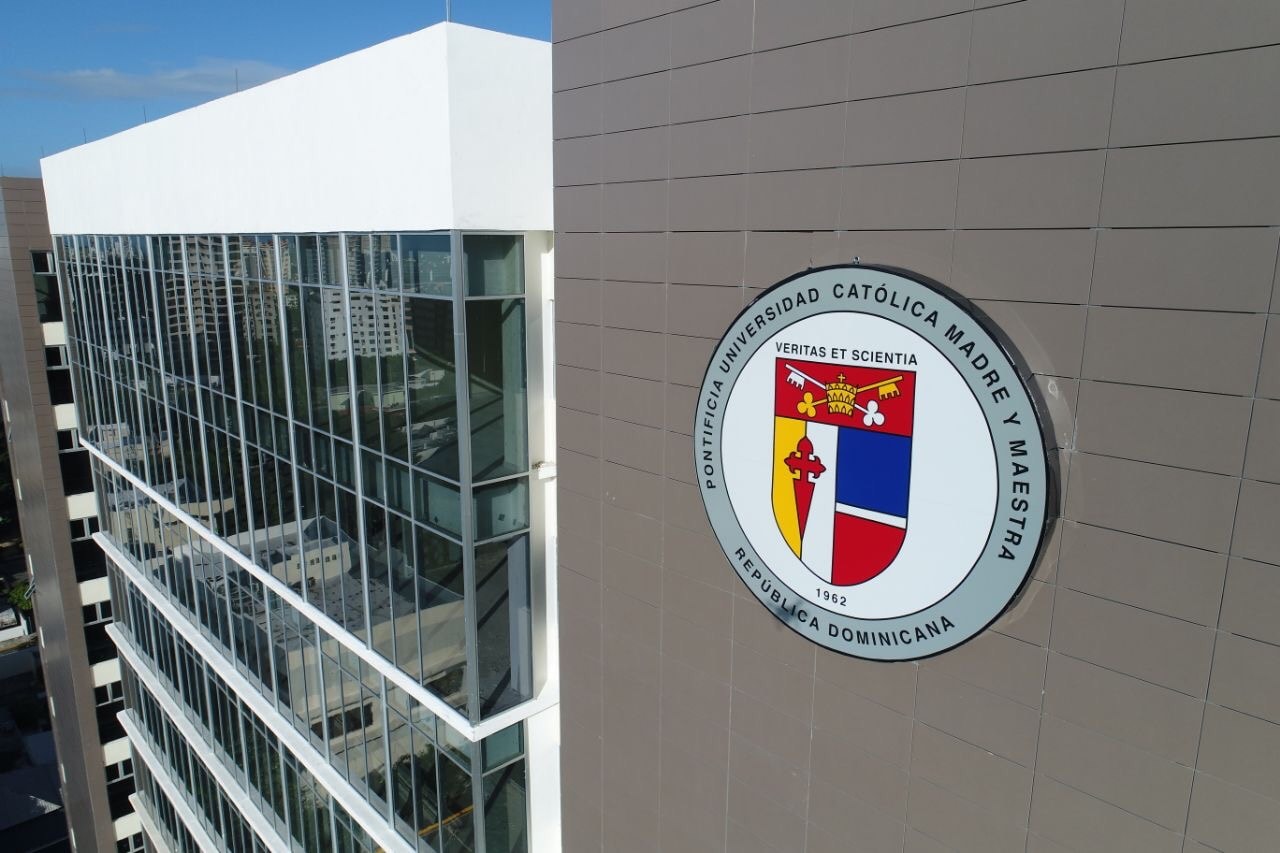



Historical review
More than 60 years at the service of society and science
The foundation of the Pontificia Universidad Católica Madre y Maestra (PUCMM), as the first private higher education institution, represents an important contribution of the Dominican Bishops' Conference to Dominican society, formed at that time by: Mons. Octavio Antonio Beras Rojas, Metropolitan Archbishop of Santo Domingo; Bishop Francisco Panal Ramírez, Bishop of La Vega; Mons. Juan Félix Pepén Solimán, Bishop of Altagracia, Higüey; Bishop Tomás Francisco O'Reilly, Prelate of San Juan de la Maguana, and his main ideologue, Bishop Hugo Eduardo Polanco Brito, Bishop of Santiago de los Caballeros.
At the historical moment that the University emerged, the first steps were taken towards a democratic society, after more than three decades of the Trujillo dictatorship. The foundation of the University was supported by the Dominican Episcopate and by distinguished people of Santiago, who made the first contributions for its prompt establishment. On September 9, 1962, the erection of the University was made public, dominating it "Mother and Teacher" in homage to the great social encyclical of His Holiness John XXIII. Upon erecting himself, Monsignor Polanco Brito began to carry out the steps for his academic organization.
On November 15, 1962, the work of the PUCMM began in a rented residence on Máximo Gómez street, corner of Sully Bonnelly, in the center of the city. A total of 15 professors, all by subject, and 60 students formed the nuclei of the first established faculties, which were those of Law, Education and Philosophy.
As part of the most significant contributions that the University has made to Dominican society, the following can be pointed out:
- To be a space for open dialogue and agreement between the different social sectors of the country, with a view to establishing agreements on the national agenda and finding peaceful solutions to priority problems.
- Contribute to the improvement of Dominican education, through:
- Contribute to the improvement of Dominican education, through:
- The development of action-research projects that contribute to improving teaching practice and students' cognitive skills.
- Carrying out research in the areas of Basic Sciences, especially in Physics and Mathematics, contributing new knowledge to them, as well as in other areas.
- Promoting the development of reading and writing in the first levels of training, among other initiatives.
- The implementation of a successful financial aid program, which has allowed talented students to access a quality education, but who lack financial resources.
- The development of community service programs for education and prevention of social, environmental and health problems, in the most disadvantaged areas and with the greatest risks.
- Having been a pioneer in offering innovative study programs, in response to the development needs of the country, through comprehensive training, promoting Christian values and ethical and moral principles in its students, as well as developing their artistic potential and ability of leadership. The careers in which the University was a precursor are:
- Business Administration
- Hotel Administration
- Public administration
- Nursing
- Geology and Mining Engineering
- Electromechanical engineering
- Electronic Engineering
- Telematics Engineering
- Industrial engineering
- Computer and systems engineering
- Engineering Technology
- Social work
- The establishment, from its origins, of international relations with outstanding educational institutions and financial organizations, which has allowed not only the recognition of the country, but has also enabled professionals to have access to work and study opportunities abroad.
Account of main institutional events